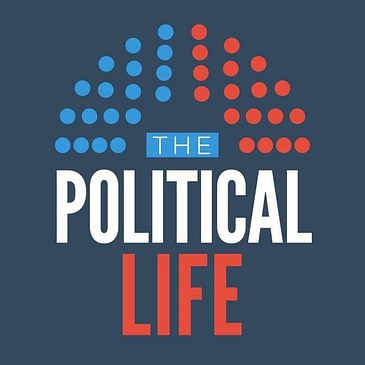In this week's episode, Jim O'Brien and Maggie Mick interview Derek Brown, Republican candidate for Attorney General in Utah. In addition to diving into the issues facing Utahans, we learn about his career in Washington, D.C., time as a state legislator in Utah, and stints in the private sector.
